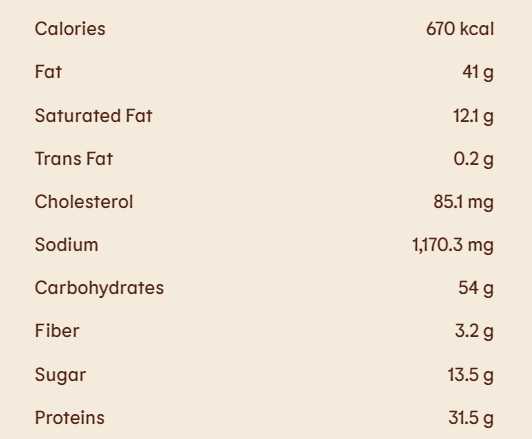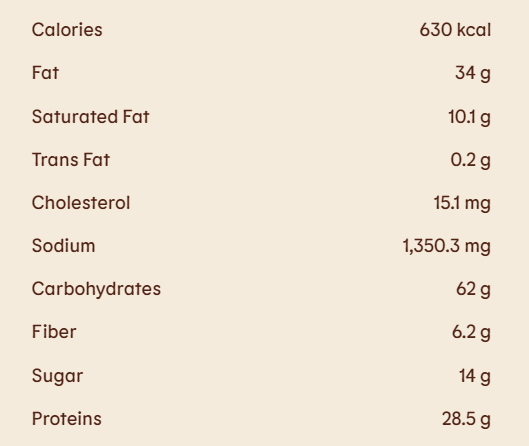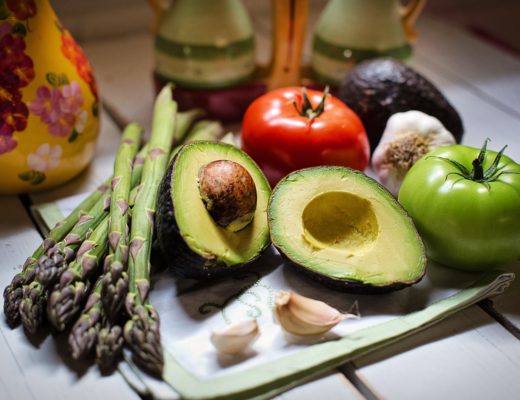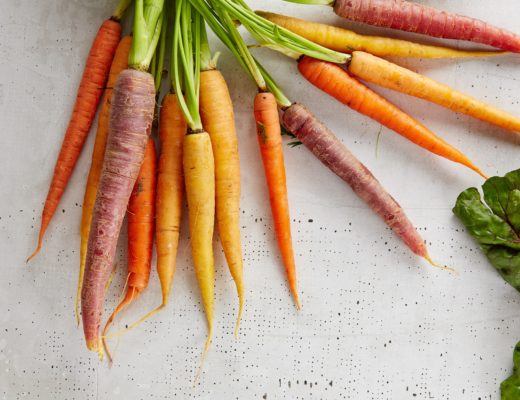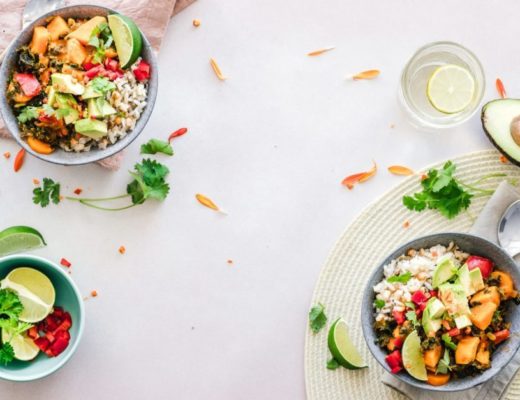If you’ve heard about all the benefits of plant based diets and noticed that many fast food restaurants are now offering plant based options, you may be wondering if making the switch can help you get healthy and lose weight.
To answer that question, let’s look at a side by side comparison of the nutrition facts from a popular fast food restaurant.
Are Impossible Burgers healthy?
| Whopper Nutrition Facts (Beef)
| Impossible Whopper Nutrition Facts (Plant Based)
|
Impossible Whoppers are only slightly lower in calories and fat, with around the same amount of saturated fat and sugar, and significantly more sodium.
In terms of ingredients, here’s what’s in the Impossible Burger:
Ingredients: Water, Soy Protein Concentrate, Sunflower Oil, Coconut Oil, Natural Flavors, 2% Or Less Of: Methylcellulose, Cultured Dextrose, Food Starch Modified, Yeast Extract, Soy Leghemoglobin, Salt, Mixed Tocopherols (Antioxidant), L-tryptophan, Soy Protein Isolate, Vitamins and Minerals
In other words, they’re highly processed. Synthetic vitamins and minerals are added to boost the nutrition.
Impossible Whoppers are far lower in cholesterol and have more fiber which is a plus – it’s just not enough to make them significantly better in helping you improve your health or lose weight.
To do that, you’ll have to go beyond processed and packaged foods labeled “plant based” and eat more whole natural plant based foods.
How Highly Processed Plant Based Foods Hold You Back
Here’s why choosing convenience over nutrition might be slowing down your journey to better health.
- Highly processed foods sap energy and vitality. These foods often lack the vitamins and minerals your body needs for overall well-being and disease prevention.
- Highly processed foods make weight loss harder. Opting for processed convenience foods can make weight loss a struggle. They are often high in calories and low in nutrients while being hard to stop eating, which makes balance a real challenge.
- Highly processed foods can cause mood swings, brain fog, and impact your mental health. What you eat impacts your mood and cognitive function. Quick but nutritionally poor meals could be affecting your mental clarity and emotional balance, which holds you back from being your best self.
- Highly processed foods increase your risk of disease. High levels of salt, sugar, and low quality oils in processed foods can lead to health issues down the road. It’s time to break the generational curse of chronic illness. We want to be healthy and fit into our old age and we need to make choices now that support a long, happy, and healthy life.
Now that we understand the drawbacks of highly processed plant based foods, let’s talk about what to do differently. It all begins with a simple yet powerful shift – embracing whole, natural, plant-based foods.
What is a Whole Natural Plant Based Food?
So, what exactly is a “whole natural plant based food”? I had no idea when I started this journey either.
Essentially, it means it’s as close to the form that it grew out of the ground in as possible. You can envision where and how it grew. Any processing is minimal and most or all ingredients are recognizable as food.
Using the plant based burger example, a whole food version could be black beans and brown rice blended with carrots, celery, and your favorite seasonings in the food processor and formed into patties.
You’d get all of the nutrients in the whole ingredients, while being able to control the amount of salt, sugar, and oil, and leaving out the artificial ingredients.
In today’s world it’s next to impossible for every single thing you eat to be perfectly natural, organic, non-GMO, locally grown, etc. Thankfully, it’s not necessary.
Eating mostly whole foods will do wonders for your health and help manage weight as well if that’s a goal for you.
Remember, this journey is about progress, not perfection. Every whole food choice you make is a step toward preventing chronic illness and losing weight in the process.


